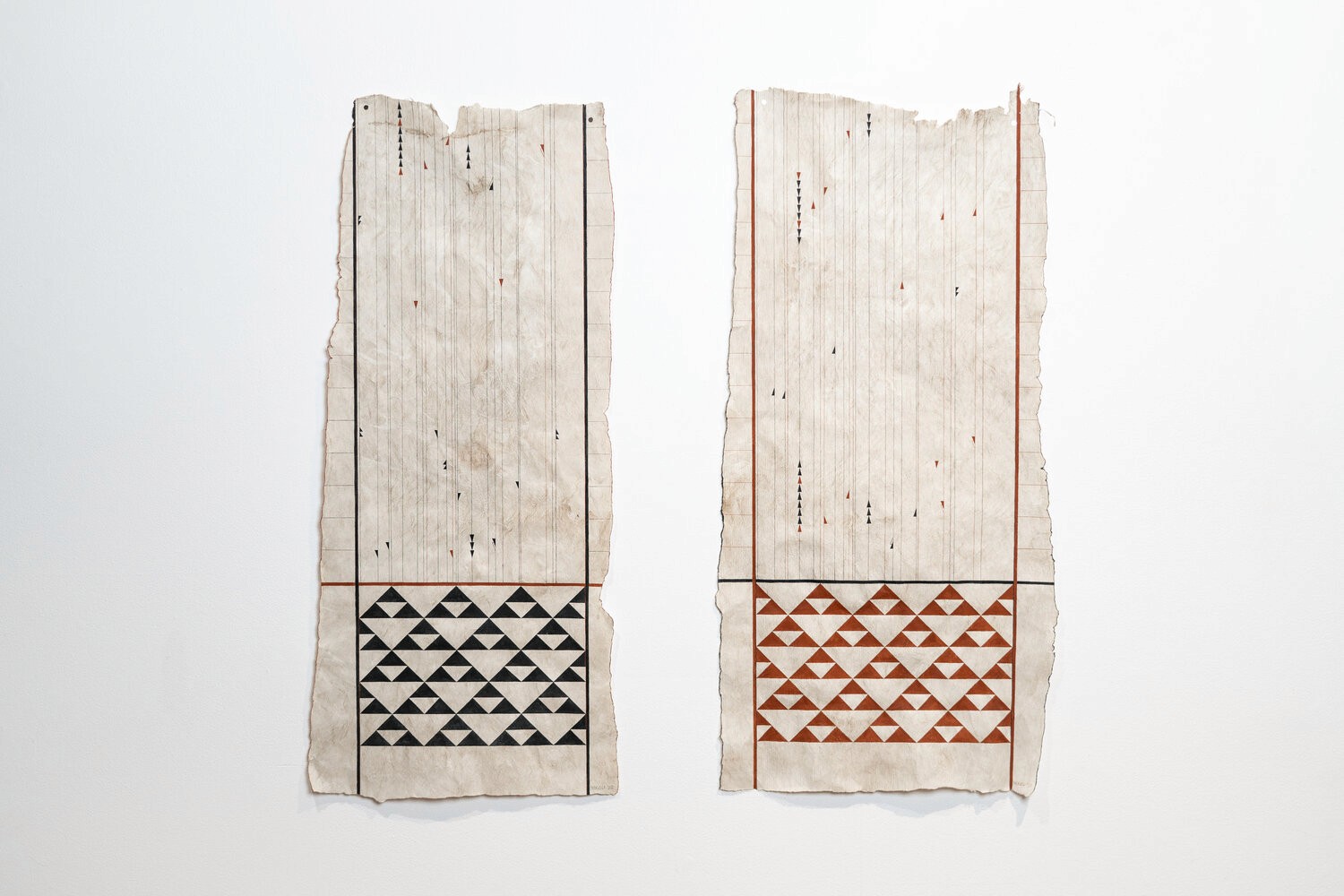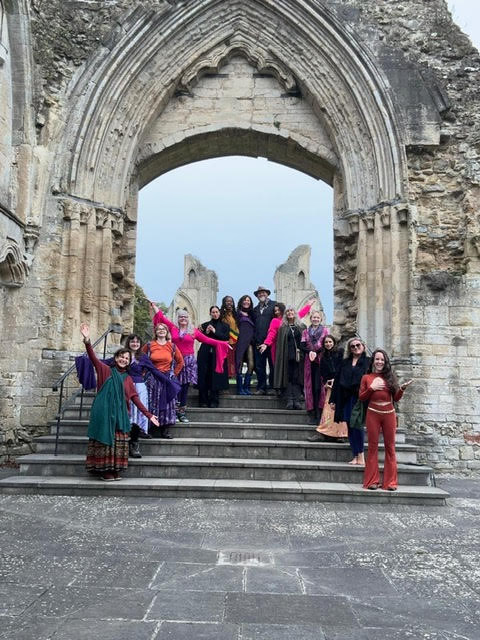Community
Healing Through Te Reo Maori | Sala Studio, Auckland, NZ
We talk to the artist and activist Nikau Hindin about how decolonising our world can help both Māori and Pākehā thrive.
Sep 20, 2021
We talk to the artist and activist Nikau Hindin about how decolonising our world can help both Māori and Pākehā thrive.
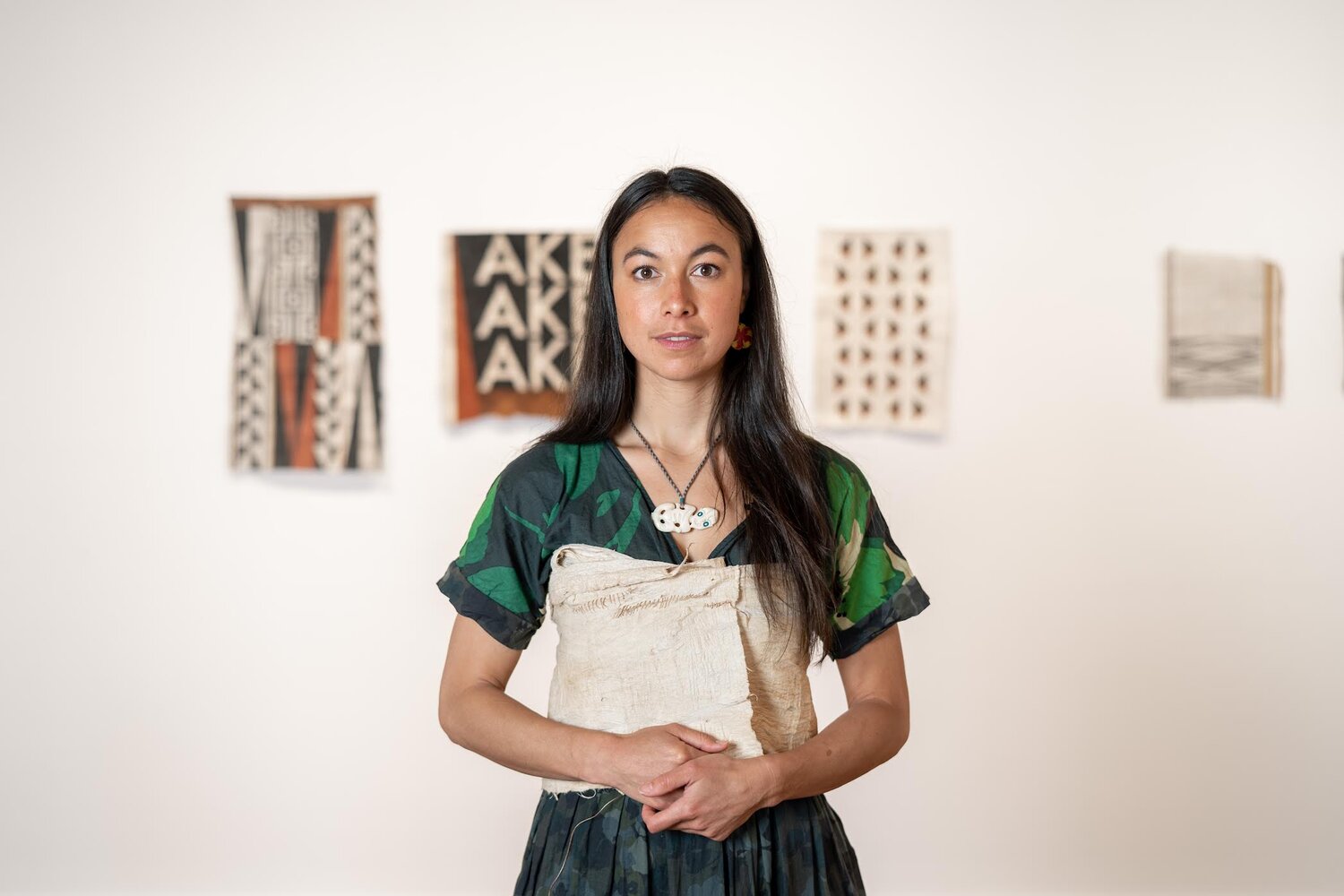
Te reo Māori embodies our world view, it gives it sound, time and vibration. It explains our whenua and moana and places us within it. It connects us to other tangata whenua, it creates a network of meaning and sometimes we like to pull one string, just to hear it sing someplace else along the chord.
Reclaiming our reo Māori is about healing. Politically, reclaiming our land is about prospering. We need both to decolonise and come into our full potential.
Ko wai koe? Who are you? He uri ahau no te Hokianga Whakapau Karakia, ko Ngāpuhi me Te Rarawa ōku iwi. I am from the far North. My ancestors came here on the waka Ngatokimatawhaorua. This waka was first known as Matawhao and was sailed by Kupe from Hawaiki (our ancestral homeland). It is an impressive story but essentially Kupe came to Aotearoa and had some epic adventures chasing a wheke, octopus. When he left, he launched from my homeland and said “E kore ahau e Hokianga mai ano.” I shall never return. :’( That is how the Hokianga was named and my family live on the North side of this body of water.
When Kupe returned to Hawaiki his nephews Ruanui and Nukutawhiti recarved his waka, renaming it Ngatokimatawhaorua. With their uncle's celestial instructions they sailed back to the Hokianga and settled. 22-ish generations later I am here, as an iteration of all those who have gone before me. When someone asks, ko wai koe, or no hea koe? Where are you from? I reply I am the currents of the Hokianga that guided my waka to land, I am my waka which carried my ancestors here and I am the great navigator, the great captain and the great people who have lived, died and been buried in the Hokianga. I am me but I am all of them too.
I feel grateful that we know these histories deeply and intricately. That I can name all my ancestors from Kupe to me. That connection to our past connects us to our future mokopuna. Whakapapa is more than our past genealogy is it the concurrent presence of the past and future- in which we have a small window to shape and see both worlds.
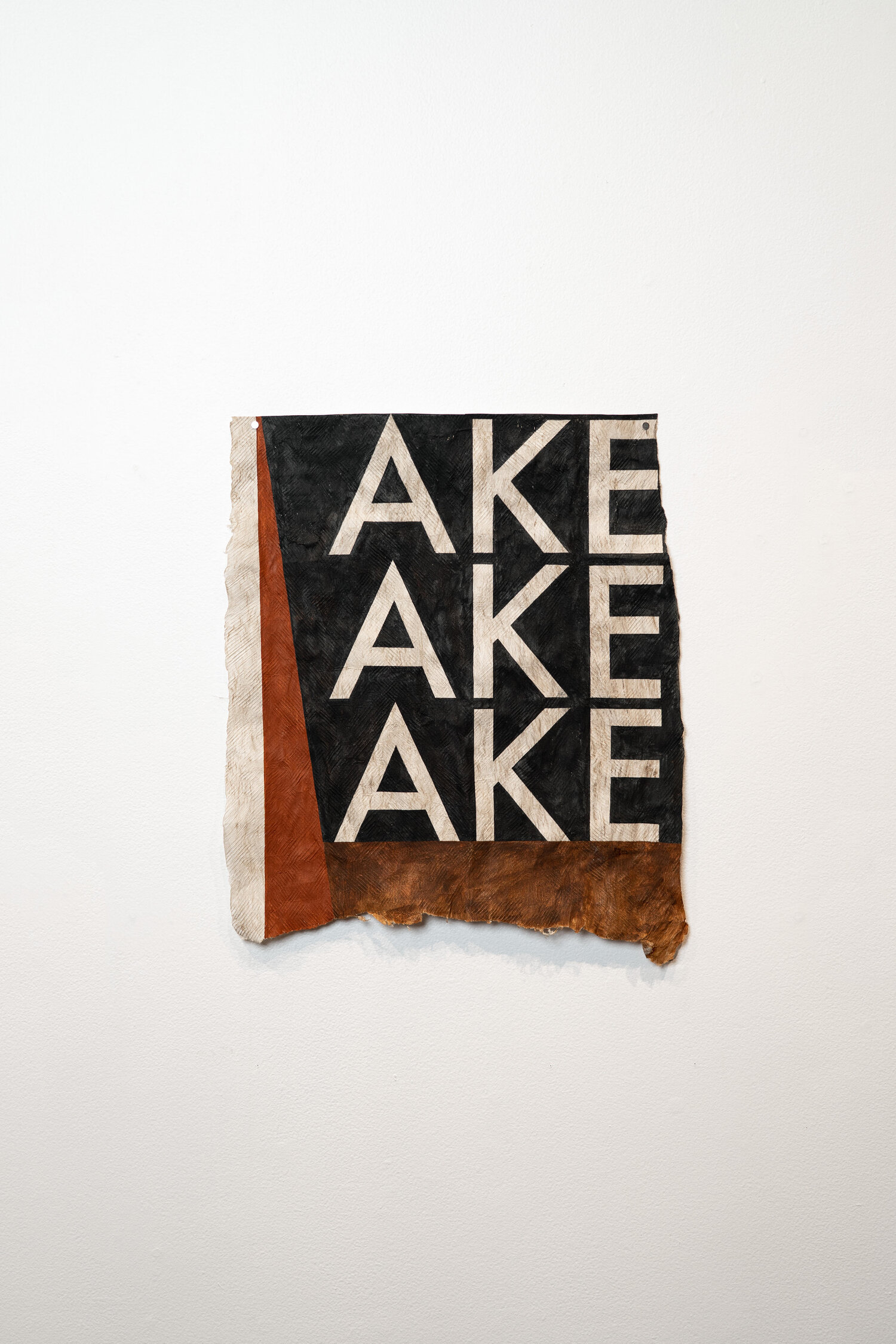
Language is important, but do you think it is the most important in terms of reclamation? Why?
I can only speak from my lived experience and I feel like te reo is the key to unlock the door and deepen an understanding of the woven universe that is te ao Māori. Reclaiming my reo these last four years has had the most impact on my identity, personal growth and confidence. When I first got together with my boyfriend, we were long distance and spent hours on the phone. He would speak to me in Māori, which I loved. I started feeling the words on my tongue, but it was weeks of encouragement before I let the sounds come out. I was fortunate my boyfriend was the patient type and has a really intuitive way of teaching: fiercely encouraging and slowly correcting me over time, but not overwhelming me with too much. When I came back to Aotearoa, I had Christmas with his whānau where only te reo was spoken. Speaking to his nieces and nephews was so uplifting and refreshing. Their lack of self-doubt and ease with speaking was very inspiring. I thought to myself, wow this is the future, super confident Māori kids bursting with a Māori worldview and no language trauma. But these kids are the product of three generations who were determined to pass on the language and keep it alive and flourishing.
You talk a lot about decolonisation. What does this mean? What does it look like in the everyday?
Te Wiki o te Reo Māori has just finished but for some, it continues every day. One of my favourite thought leaders is Ngũgĩ wa Thiong’o who wrote ‘Decolonising the Mind: the Politics of Language in African Literature’. Everything he said is still relevant today: “In colonial conquest, language did to the mind what the sword did to the bodies of the colonised”
Ultimately decolonisation for me is speaking te reo Māori every day, which means thinking in te reo which means acting and seeing from a Māori worldview. That is why our babies, who grow up with te reo as their first language, will grow up seeing the world differently. They will grow up with their ancestors whispering in their ears because that is how powerful our language is. I will only speak Māori to my babies and immerse them in our language, that is why having reo Māori music is so wonderful, reo Māori TV and radio, schools and games. It is a beautiful world we are creating as Māori get more access and authority for changing systems, creating resources, Māori music, literature, art and design.
I am idealistic and hopeful but if you have been following the intense dialogue that came out after Lorde’s release of her reo Māori album Te Ao Mārama then you will be aware of the very real language trauma that sits like a heavy rock on our people. These voices are valid and show that we have a long way to go in our healing.
What does the future of Aotearoa look like for you?
When I was in high school it was not cool to be Māori, I was constantly calling out casual racism and kids were pretty ignorant of their white privilege. I think these days it is becoming cool to know your reo and know who you are. I hope the future of Aotearoa sees Māori people thriving, connected to their whakapapa and whenua. Things that benefit Māori are not to the detriment of Pākehā and usually what’s good for Māori is what’s good for Aotearoa. Take Public Health, for example, a Māori framework for Hauora is holistic and based on te whare tapawhā: Mental Health, Spiritual Health, Family Health and Physical Health. It is grounded in the awareness that all of these factors influence your overall health and wellbeing. If our Public Health system was based on a Māori approach, Pākehā would certainly benefit too! It would be amazing.
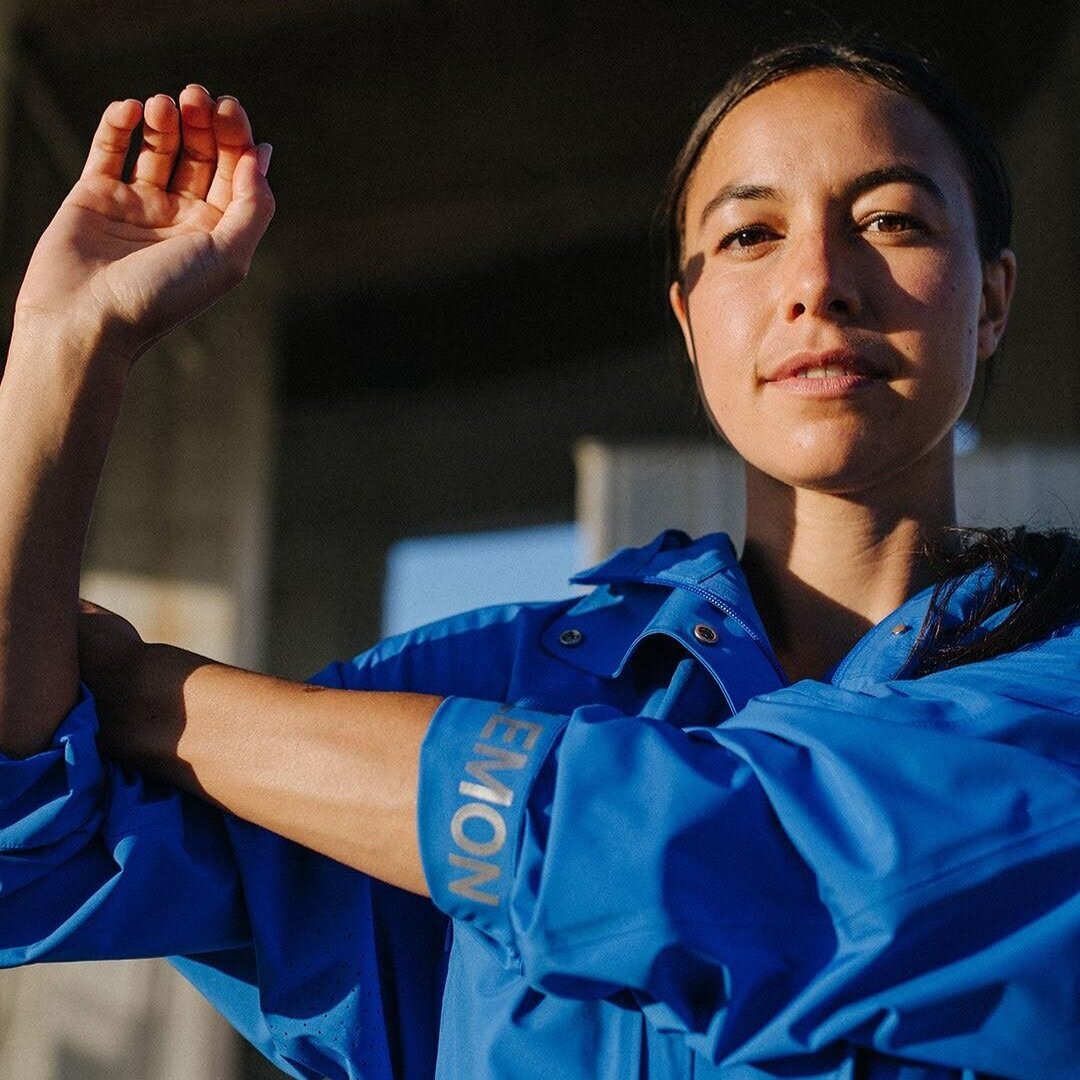
What is one thing every single New Zealander could do right now, that would help our Māori communities?
Call out racism. Learn about the injustices of this whenua. Learn about the injustices that occurred on the land you stand on. Learn about Te Tiriti o Waitangi, both versions. Pass the mic. Don’t exploit our language or culture for monetary gains. Always slam Hobson Pledge people cos they are racist af. Support the United Nations Declaration on the Rights of Indigenous (UNDRIP) and He Puapua, a report giving recommendations to the Crown in response to UNDRIP. Support the Māori Health Authority. Understand that not all Māori are perfect and some make mistakes. Understand that Māori people are diverse and not pan-tribal. Understand your privilege and become a good Tangata Tiriti.
Finally, create a positive Pākehā culture, with unique and progressive values, holidays, and celebrations. Just as Māori culture is always changing, identifying Pākehā culture and intentionally defining it and changing it will address the invisibility and pervasiveness of Whiteness.
Many of my friends and I have Pākehā mothers who instilled in us the importance of our Māori world and many of whom are staunch Māori speakers and teachers. I have grown up in a safe bubble of amazing Pākehā so I know that it is possible to create a pro-Māori world. Why should it be anything else? Let's move away from reinforcing the racist values of the second people who came to Aotearoa and realise how racism has influenced every system and process in this country. Create a new Pākehā culture that doesn’t thrive off the suffering of Others. After all, we are not healed until we are all healed. Both Māori and Pākehā need healing.
